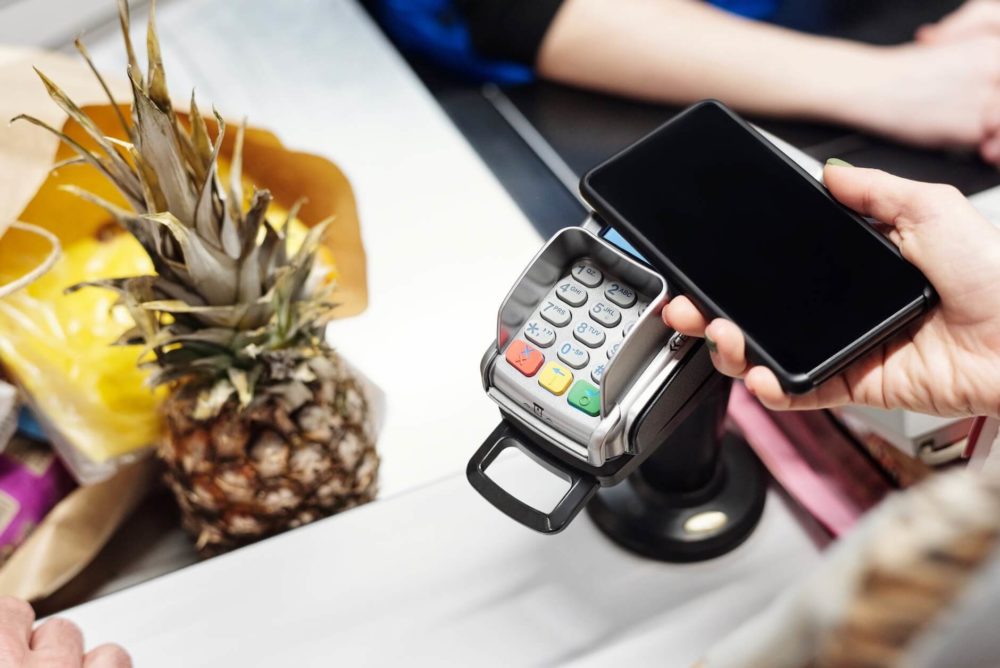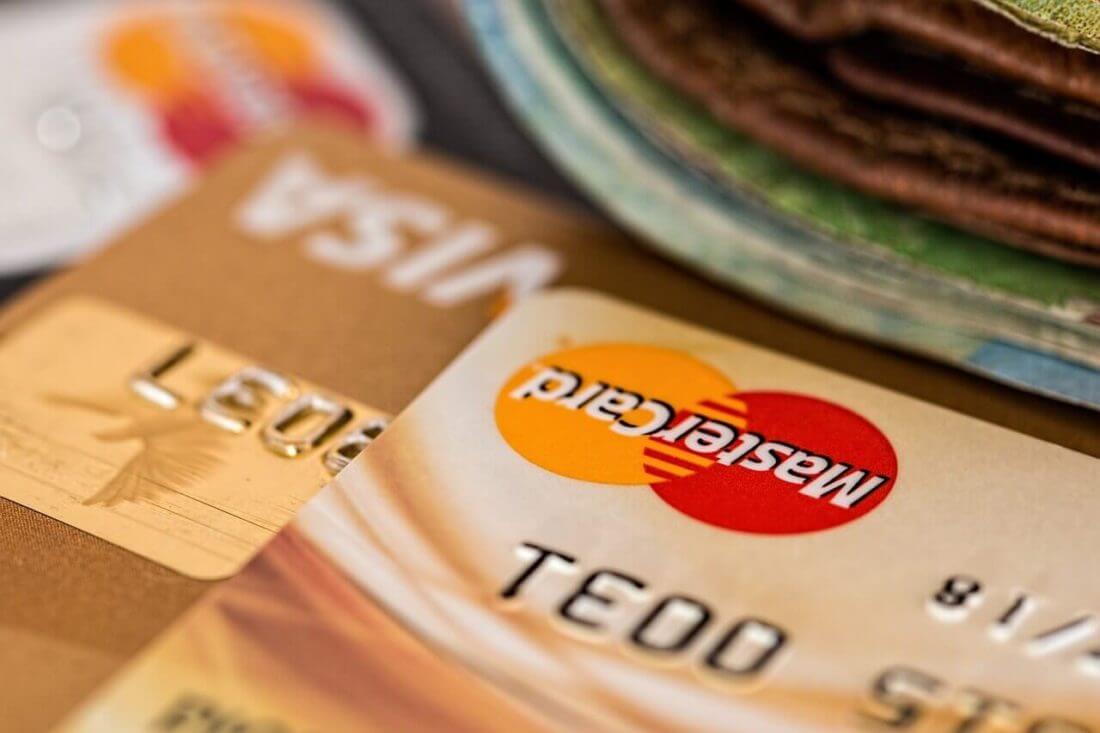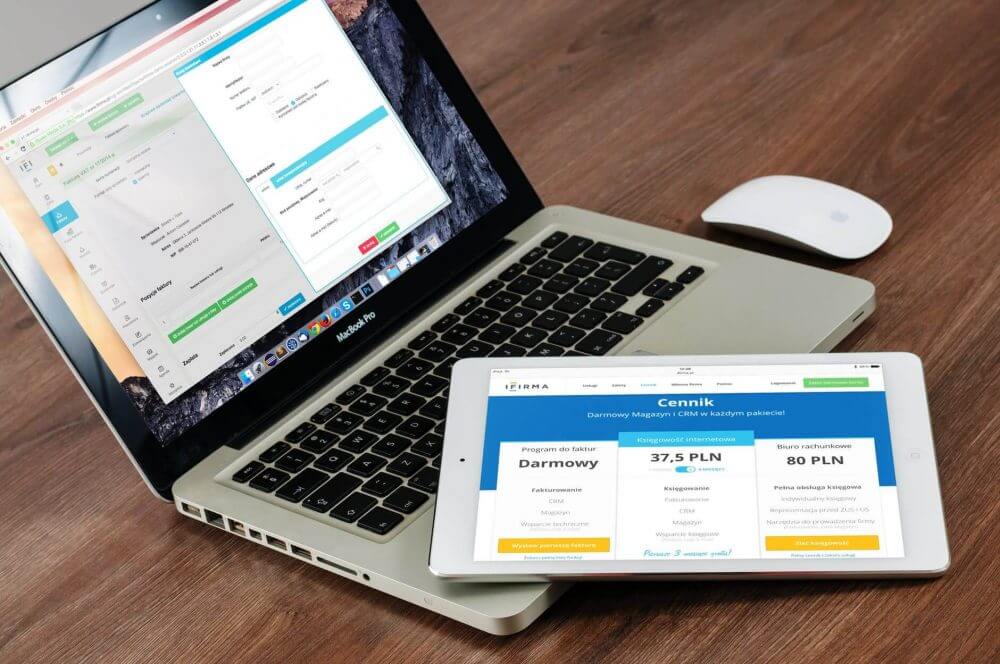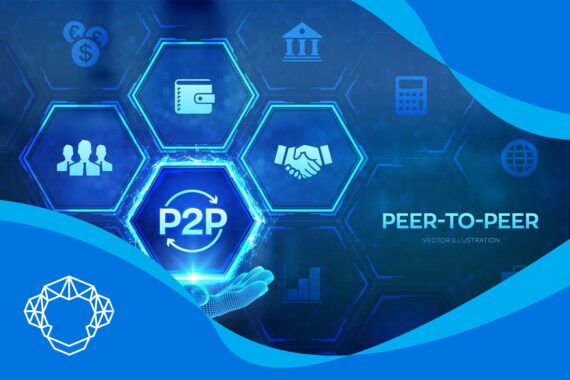In order to achieve a successful online sale, there are many components that have to work flawlessly. As a business owner that wants to incorporate e-Commerce to drive sales up, you’ve probably heard many different terms related to it. So, what is a payment gateway vs. a payment processor?
Whether your enterprise offers products or services, venturing into e-Commerce territory is a smart choice. It’s a great way to expand your business and gain a steady inflow of customers. Different types of businesses will require different solutions. You may incorporate hardware in your store and add a wireless creditcard machine, or you will find a recurring payment method more suitable. But all these options consist of the similar components needed for the process to work immaculately. Knowing the difference between payment processor and gateway as two of the most important elements will help you understand the procedure better.
How Does E-Commerce Work?
According to Statista.com, retail e-commerce sales reached around 4.9 trillion dollars globally in 2021. And it doesn’t stop there – this number is expected to grow by 50% over the period of the following four years and to reach near 7.4 trillion dollars. If you have some small business ideas up your sleeve, make sure you get informed on different e-Commerce business models so you can be a part of this growing industry.
If you haven’t used any merchant services credit card processing before, the chances are you are not quite sure how it all works. A reliable merchant processing company will provide you with various convenient solutions – they will incorporate all the e-Commerce options your enterprise could possibly need. They could also provide you with the best processing for a small business and explain all the rates and fees, such as the credit cards transaction fees.
E-Commerce Step by Step Information
Even if you understand how processing works, e-Commerce is a somewhat different story. The first step is when a customer places an order through an e-Commerce platform (usually a portal or a website). The seller receives this information, and the second step is initiated. In this phase, all the details are being processed and completed, and the enterprise delivers the product or service after it.

What Is the Difference Between Payment Gateway and Processor?
The first thing you should acknowledge about payment processor vs. payment gateway is that these two terms are interconnected. They are both required and act as links in the chain that make the transaction process. Each process includes the following parties and processes:
- The customer that makes an online order proceeds to checkout and pays for the product or service with their plastic money.
- The merchant that offers products or services through their website will then transfer all the financial information to the gateway. This includes the cardholder data.
- Gateways are the next step in this chain. After it receives the data, it transfers it to the processing company which the enterprise uses.
- The credit card processing company or the processor, in short, forwards the information to the Visa, Mastercard, or similar networks.
- The issuing bank or entity that has issued the card to the consumer and where the customer has its own account receives the data and checks for sufficient funds. It will communicate approval or rejection based on the funds to the processors, and it’s forwarded to the gateway. Both the consumer and the enterprise are informed of the response.
- The acquiring bank, which collects the funds from the issuing bank to the account where you as an enterprise owner have applied for a merchant account, is the last in line. After these funds have been deposited with the acquirer, it is then forwarded to the business bank account.
In the process of the transaction, both the payment processor vs. gateway have vital roles to play, but there are differences between them.
Understanding the Basics of a Processor
Credit card processing companies or simply – the processors, execute a transaction between you as the merchant and the issuing bank, as well as the acquiring bank. Third-party processors are the companies that will also provide you with all the needed equipment, such as swipe machines or any other piece of hardware you will require to accept non-cash payments. They can also install a free POS system and open an account for your enterprise, and it’s all included in the merchant services.
Explaining Payment Gateway in a Nutshell
If you want to start accepting orders from consumers through an online portal or a website, you will need gateways. They are software tools incorporated in these terminals that transmit the data of online payments in a secure way. They also act as an authorization for each card-not-present transaction. Basically, they are an online POS terminal for your enterprise.
Gateways Download Credit Card Data and Contact Processors
Once a customer enters valid data off their plastic, gateways will capture this information and securely send it to the processors. They will also communicate approvals or rejections, depending on whether a customer has sufficient funds. They can work through an app, in the form of a checkout, or through a portal.
You Will Be Required to Have Another Component for a Secure Online Transaction Process
In order to help fraud prevention, your enterprise will also require an SSL or Secure Sockets Layer certificate. It is a digital certificate that creates a secure connection between you as a merchant and your website on one side and the browser of your customer on the other. It does so by encrypting the data that is sent or received. This certificate is required for all businesses that want to signal that their site is secured. A customer will then more freely interact with it, which will end up in bigger revenues for your enterprise.

Payment Gateway vs. Processor – An Overview of the Differences
These are the key takeaways of the components you are required to have for a successful e-Commerce integration:
| Processors | Gateways |
|---|---|
| Among other services these companies provide business owners with, in the case of e-Commerce, processors are responsible for transferring data of transactions. This is done between the issuing bank and the business' acquiring bank. | For all types of e-Commerce, these tools are the required technology that will encrypt and transfer data from the point-of-sale to the processor. It will communicate approvals or rejections between your enterprise and the customer. |
| If you want to accept all types of non-cash payments, processors are an essential part of the chain. This is valid for in-person sales, as well as online ones. | They are necessary for transactions through e-Commerce but can also be integrated with a CC reader or POS system to accept transactions. |
Which One of These Components Do I Need?
In this day and age, a successful enterprise will want to expand, and it will do so by conquering the landscape of non-cash options. To be able to venture into this type of sales, you will need to have an account for merchants. You can also find processors which will provide you with the integration of online gateways, so you can set sail into the world of online transactions.
You Won’t Be Able to Accept Payments Without a Merchant Account
Accepting non-cash payments won’t be possible without opening accounts specifically for merchants. Opening one will enable you to start accepting payments from cardholders, and it’s where your funds will then be stored. If you hadn’t opened one when you were applying for a business account, you could get it through the company of your choice.
Additionally, Note the Differences Between the Issuing and Acquiring Banks
Issuing banks are financial institutions where the accounts of customers are. They issue cards to consumers in the name of the major CC companies. They can issue debit, credit, and prepaid plastics to their clients, so they are basically the middle-man between the cardholder and brands that manufacture cards.
On the other hand, acquiring banks are the financial institutions that act as an intermediary between the issuing banks and enterprise owners who accept non-cash payments. This entity works to enable businesses to accept non-cash options as payments for a service or a product. Their principal goal is to open and maintain accounts for merchants and calculate the risk associated with non-cash transactions, whether they work high-risk accounts or other types of businesses.

The Gateways Have Evolved So They Can Offer More Than E-Commerce Options
Transaction gateways are software tools that is originally designed for usage in eCommerce. But recently, this technology has evolved and can be integrated into other types of transaction options. This means that many of these software tools offer to handle the process of payments across multiple channels and devices. It ends with a much better experience both for merchants and their customers.
Where Can Gateways Be Integrated as of Recently?
Some of the modern online software tools can be integrated with accounting platforms, a third-party CRM or ERP, and it will remove the need to record and report incoming transactions manually. It can also work with payments where cards are present and where they are swiped, dipped, or tapped on the reader. Another use is with phone or mail order transactions, which usually need to be manually entered into the virtual terminals.
Is an All-In-One Solution Possible?
If you are new to the world of non-cash transactions and e-Commerce, it may happen that you obtain your account, technology of gateways, and processing for cards from several different providers. It may also happen that this creates difficulties along the way. If any issues or disputes arise, you won’t be sure promptly which one of these components is responsible. If you pick a processing company that provides you with all of these services, you will minimize all the possible issues.

Once You Understand Payment Gateway vs. Payment Processor Differences, You Can Get Started
One of the biggest mistakes business owners make is not to venture into new territory. Accepting non-cash payments can only be beneficial for an enterprise, and online sales are even more so. Once you make up your mind about which service you need, you can freely contact us and get informed on everything that an e-Commerce incorporates.
We will let you know about everything that you want to learn, including credit card transaction fees or how we calculate merchant services rates. Call us today for the ultimate experience when it comes to CC services and their integration. It will allow you to run your enterprise smoothly and with ease and see a steady inflow of new customers.







